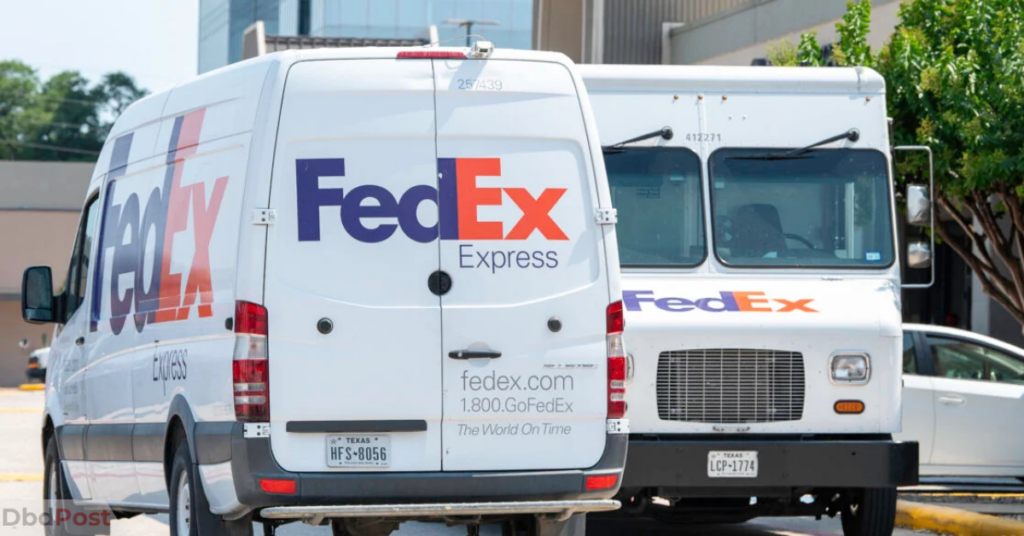As online shopping grows, consumer expectations around return policies are changing. A new FedEx survey highlights a significant shift in behavior.
Shoppers now demand greater flexibility and convenience when returning products.
E-commerce retailers compete for loyalty. The findings underscore the need to enhance return policies. Businesses must align with modern consumer preferences to stay competitive.
The survey gathered insights from over 2,200 consumers and 1,000 business shippers in December 2024. Results reveal a generational divide.
Younger shoppers, especially Gen Z and millennials, prefer home pickups and mailbox drop-offs, while older generations still favor in-store returns.
This divergence presents a challenge. Retailers must offer seamless return processes that appeal to all demographics. A one-size-fits-all approach will no longer suffice.
Convenience is a top priority. People are more likely to purchase from retailers with flexible return options, and a complicated return process deters future purchases.
According to the FedEx study, transparency in return policies is critical. Shoppers expect clear guidelines on return procedures. They want to know how to return items, the timeframes allowed, and possible costs.
Retailers that fail to provide clarity risk losing customers. Shoppers value straightforward policies that build trust, and businesses must ensure transparency to maintain loyalty.
Despite improvements in return logistics, opinions on return ease remain divided. Some consumers report satisfaction, while others believe there is room for improvement.
A frictionless experience is crucial. Businesses that streamline return logistics gain a competitive advantage. Technology-driven solutions or logistics partnerships can enhance the process.
FedEx and other logistics companies are responding. They are exploring innovative ways to meet growing consumer expectations.
New solutions, such as self-service return kiosks, expanded drop-off locations, and AI-powered return processing, are being developed.
These efforts aim to improve the return experience. Retailers benefit from better customer satisfaction and increased loyalty, and a hassle-free return process strengthens brand relationships.
The message for businesses is clear: A customer-friendly return policy is no longer optional. In today’s market, it is a necessity.
Consumers expect minimal effort when returning products. Retailers that adapt and implement flexible solutions will thrive. The competition is fierce, and those who prioritize convenience will stand out.
A seamless return process builds confidence. Shoppers feel more comfortable purchasing from brands with easy return options. Trust and convenience drive long-term success in online retail.
Businesses must take proactive steps to enhance return policies. Offering multiple return methods appeals to a broader customer base. Investing in logistics and technology can streamline operations and reduce costs.
Moreover, retailers should consider data-driven insights to optimize return processes. Tracking consumer behaviors helps in refining return policies. A well-designed return experience boosts satisfaction and encourages repeat purchases.
Sustainability is another emerging factor. Many consumers prefer eco-friendly return options, and retailers implementing them, such as reusable packaging and digital return labels, gain favor with environmentally conscious shoppers.
Ultimately, the retail landscape is evolving. Companies that embrace change and prioritize customer-centric return policies will outperform competitors.
Those resistant to adaptation may face declining consumer confidence and lost revenue.
As e-commerce continues to expand, return policies will remain a crucial touchpoint. Successful businesses will define themselves by enhancing convenience, transparency, and sustainability.
Companies recognizing and acting on these trends will secure long-term growth and customer loyalty.
- 107shares
- Facebook Messenger
About the author
Khalid Jama is a Senior Contributor at DbdPost, offering expert insights on business and finance through engaging news and opinion pieces. His thoughtful analyses make complex financial topics accessible to readers.





